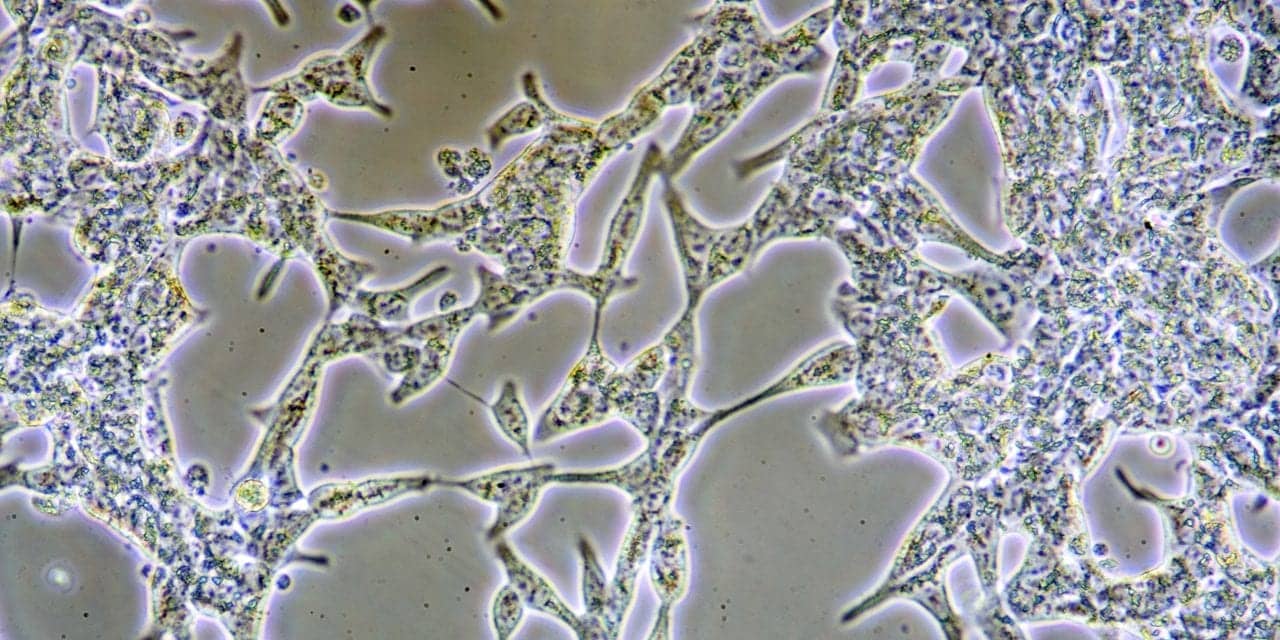Recent findings from a prospective study demonstrate the clinical utility of the Decipher Prostate RP genomic classifier for guiding treatment after radical prostatectomy, according to Decipher Biosciences, San Diego.1
The study showed that when treatment decisions were made and followed based on Decipher Prostate RP genomic test results, patient outcomes were significantly improved. Findings from the study, which was conducted in part by researchers at Thomas Jefferson University, add to existing evidence supporting the clinical utility and benefit of Decipher Prostate RP in the management of men with localized prostate cancer.
Following a review of Decipher clinical validation data, a multidisciplinary tumor board at Thomas Jefferson University independently developed a guideline based on patient genomic risk, employing Decipher Prostate RP test results as the determining factor for treatment recommendations in eligible prostate cancer patients. According to the tumor board’s guideline, patients with adverse pathological findings after radical prostatectomy would receive the Decipher Prostate RP genomic test. Patients with high Decipher scores were recommended for immediate treatment, while those with low or intermediate Decipher scores were recommended for observation.
In the prospective clinical study, 135 patients were given treatment recommendations according to the tumor board’s guideline and were monitored for disease progression for 2 years. The study authors reported a 3% rate of disease progression among Decipher low- and intermediate-risk patients who followed the tumor board’s guideline recommendation of observation, with no significant benefit for those who instead opted for immediate treatment. Decipher high-risk patients who did not follow the tumor board’s guideline recommendation of immediate treatment experienced a 25% rate of disease progression, whereas only 3% of those who followed the recommendation progressed.
“Our findings show that use of Decipher Prostate RP allows us to appropriately treat the men with adverse pathology after surgery who are most likely to derive maximum benefit,” says Robert B. Den, MD, associate professor of radiation oncology at Thomas Jefferson University and an author of the study. “We can also identify the men who may be safely observed and avoid the incontinence and sexual dysfunction commonly associated with immediate radiation following radical prostatectomy.”
A second aspect of the study examined the effect of Decipher genomic testing on treatment decisions in a diverse practice setting of 823 providers and 3,455 patients in the adjuvant setting nationwide. The authors reported that use of Decipher genomic testing resulted in a higher rate of observation for patients with Decipher low- and intermediate-risk scores, and increased utilization of immediate treatment for patients with Decipher high-risk scores.
“These findings demonstrate that Decipher provides critical information for the management of patients with prostate cancer, and establishment of treatment guidelines based on Decipher testing results improves patient outcomes,” says Tina Nova, PhD, president and chief executive officer of Decipher Biosciences. “Taking into account the practice patterns observed with widespread use of the test, we believe that Decipher is already making a meaningful impact on the lives of prostate cancer patients in the United States.”
For more information, visit Decipher Biosciences.
Reference
- Marascio J, Spratt DE, Zhang J, et al. Prospective study to define the clinical utility and benefit of Decipher testing in men following prostatectomy. Prostate Cancer Prostatic Dis. Epub ahead of print, November 12, 2019; doi: 10.1038/s41391-019-0185-7.
Featured image:
Microscope view of prostate cancer cells in tissue culture showing walls, nucleus, and organelles. Image © Paul Hakimata, courtesy Dreamstime (ID 18357688).





